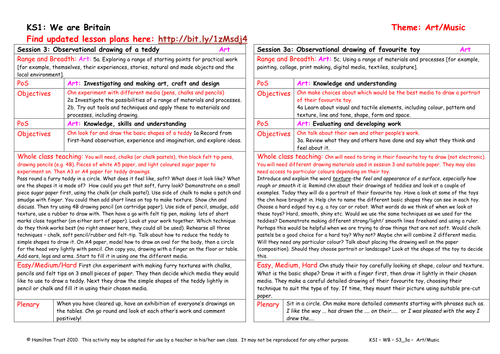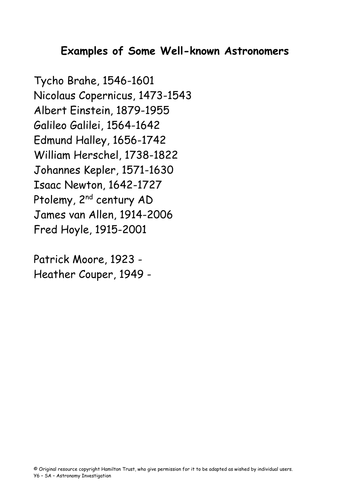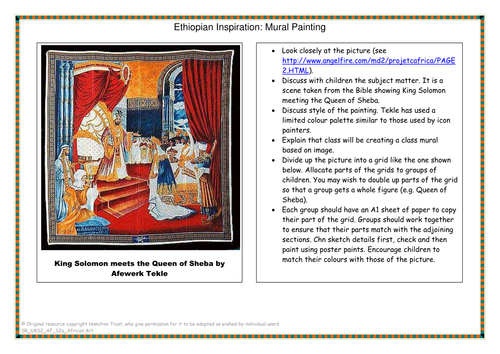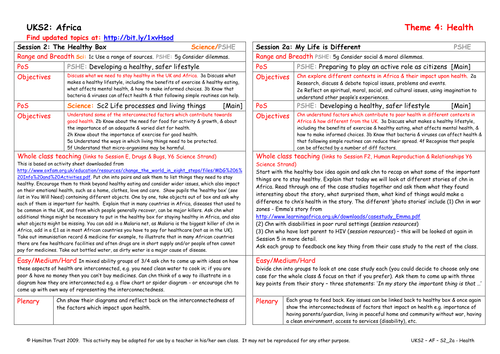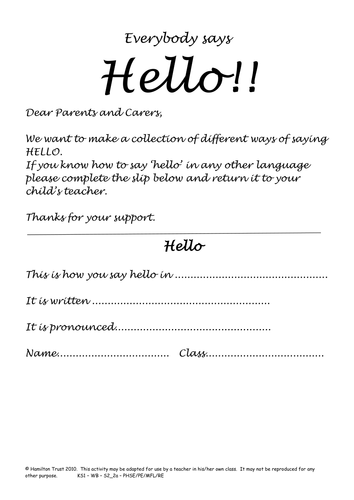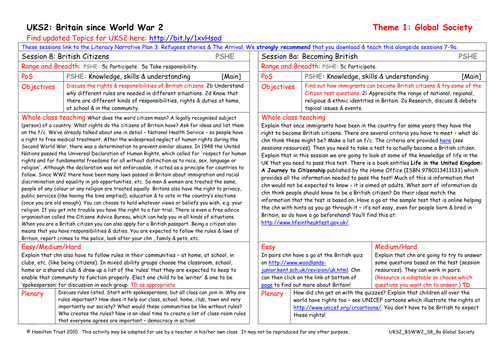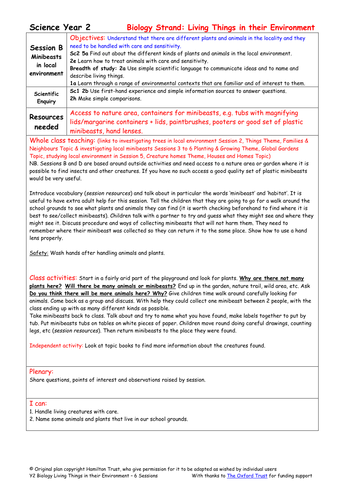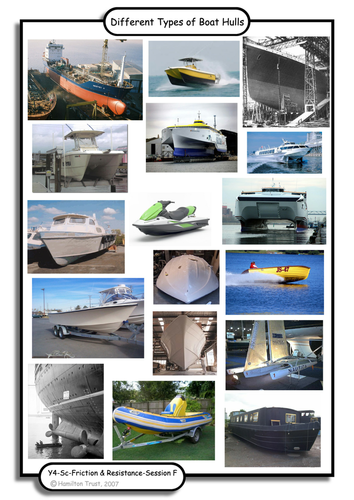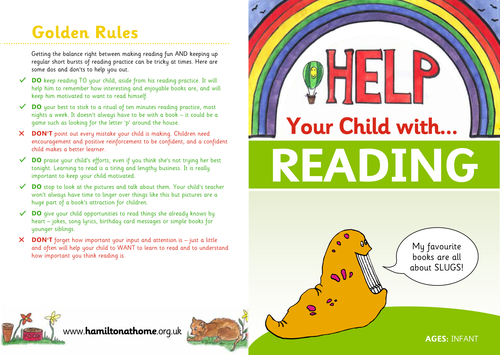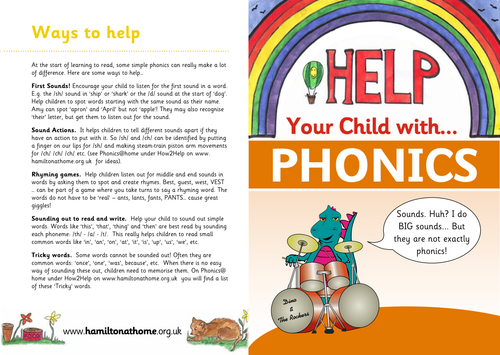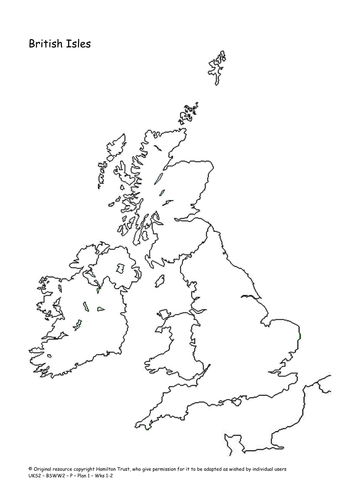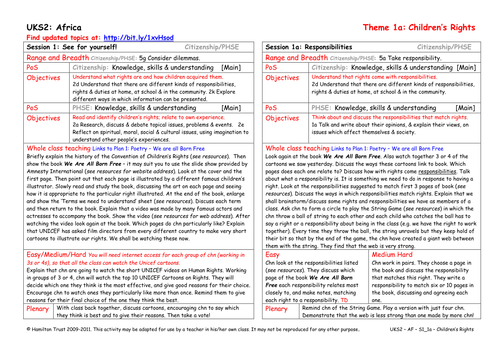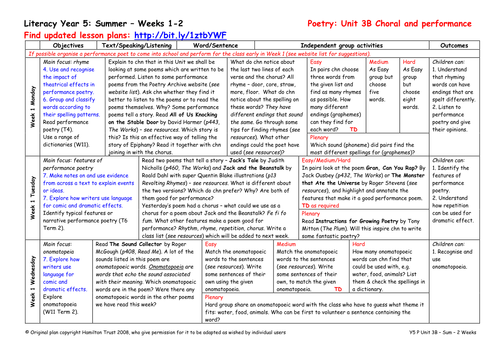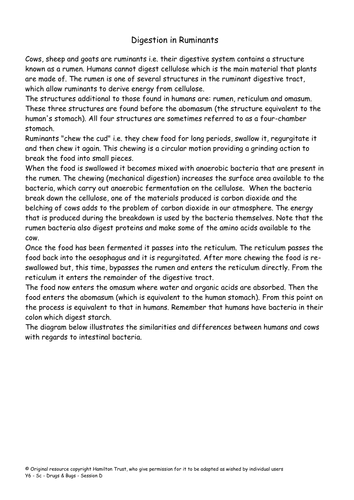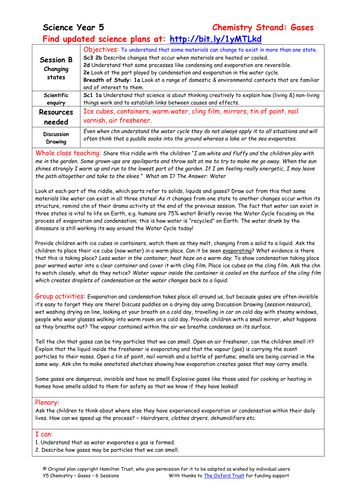
397Uploads
10042k+Views
11644k+Downloads
All resources

Observational drawing of a favourite toy
Children learn the word ‘texture’. They look carefully at their favourite toy and talk about the feel and appearance. They decide which media they want to use to represent it and do a beautiful drawing! They talk about their work and the work of other people.
Suitable for years 1 and 2.

Stars and Moon
Find out about stars and how they are grouped into constellations, despite being a long way from each other. Make a simple telescope to study the stars and a planisphere to identify them. Study the phases and apparent movement of the moon.
Suitable for Y6 pupils.

London Olympics 1908
Remind children that London has held the Olympics twice before. The first time was in 1908. Find out why London had only two years to prepare and research facts about the Games and the legacy left by London 1908.

Ethiopian Inspiration
Think big and create a class mural based on the work of Afewerk Tekle.
Children work collaboratively to plan and paint a mural with a biblical subject in the same style as Tekle.

The Healthy Box
Explore with Children the basis needs to ensure good health, and how they are interconnected using the concept of a ‘healthy box’.
Suitable for years 5 and 6.

We All Say Hello
Play circle games to practice greeting each other confidently. How many ways do children know to say hello in a different language? Learn 3 new ways.

Explore forces using toy cars
Understand that forces are pushes and pulls and make things speed up and slow down. Understand what makes a test fair and how to measure accurately. As a class and using toy vehicles investigate what happens if you change the height of a ramp.

Animals including Humans - Healthy Animals - Year 2
Hatch eggs and study the life cycle of chickens. Build understanding that exercise makes the heart work harder and that it is an essential part of a healthy lifestyle. Find out about healthy lunch box foods before designing and sharing your own snack.
Includes 6 session plans & resources
01 - Hatching eggs!
02 - Babies!
03- Stranded!
04 - Healthy hearts!
05 - Deep inside my lunch box!
06 - Pack a healthy picnic!
Hamilton’s science scheme provides children with a broad but comprehensive experience of primary science that systematically covers all of the National Curriculum for England objectives. Each year group is split into 6 blocks of 6 sessions, each of which can be completed within a half-term. We present them in a recommended teaching order, but you may adapt this to fit your requirements. Working scientifically, investigations and meaningful outcomes are fully incorporated in each block.

Becoming British
Immigrants who have been in Britain for a few years can ask to become British citizens. Take a look at the criteria they have to meet and some sample questions from the test they have to take. Explain that children around the world share some rights.

Minibeasts in local environment
Go on a walk in the school grounds to discover there are different plants and animals in the local environment. Collect minibeasts. Think about where we might find them. Name, label and draw minibeasts back in the classroom. Suitable for Year 2 pupils.

Boat investigation
In this session children investigate how the shape and surface area of a boat can affect how easily it can move through the water. Children test a variety of designs before creating bar charts to show their results. Suitable for Y4 pupils.

Poetic style Weeks 1 - 2
Read and analyse poems from Benjamin Zephaniah’s We are Britain. Discuss the style, language and content of his poems and investigate rhymes. Children write their own poems in the style of BZ’s The British and Body Talk and a fact file about the poet.

Responsibilities
Discuss how the cartoons seen yesterday link to the book We Are All Born Free. Discuss how with rights come responsibilities and what responsibility means. Play the String Game using rights and responsibilities and discover how strong a net can be made.
Suitable for years 5 and 6.

See for yourself!
Brief introduction to the Convention of Children’s Rights is followed by a close look at the book We Are All Born Free. Watch and discuss short cartoons from UNICEF that illustrate different Human Rights. Children give reasons for their choice of best cartoon.
Suitable for years 5 and 6.

Year 3/4 Fiction 5: Adventure stories
Using The Hodgeheg by Dick King-Smith, children look for examples of adverbs and adverbial phrases. They memorise a section of dialogue and use it as a basis for their own writing. In the second week the focus is on complex and compound sentences as children write an animal adventure story.

Yr 5 Poetry Unit 3B Choral and performance
Compare performance poems that tell a story and identify the features that make a good performance poem. Children then write their own performance poetry based on a fairy tale. Perform it for an invited audience using dramatic conventions to enhance the poem.

Useful micro-organisms
Discuss bacteria living in and on humans and compare our digestive system with that of ruminants. Find out how bacteria help us to recycle waste and make river water safe for us to drink. Visit the Microbe Zoo! Ask 'What does our skin do?' 'Is there life on Mars?'
Suitable for Y6 pupils.

Changing states
Water doesn’t just dry up… it changes state! In this session children investigate how water can exist in all three states and look for evidence of water as vapour, drawing diagrams to explain what is happening. Suitable for Year 5 pupils.

